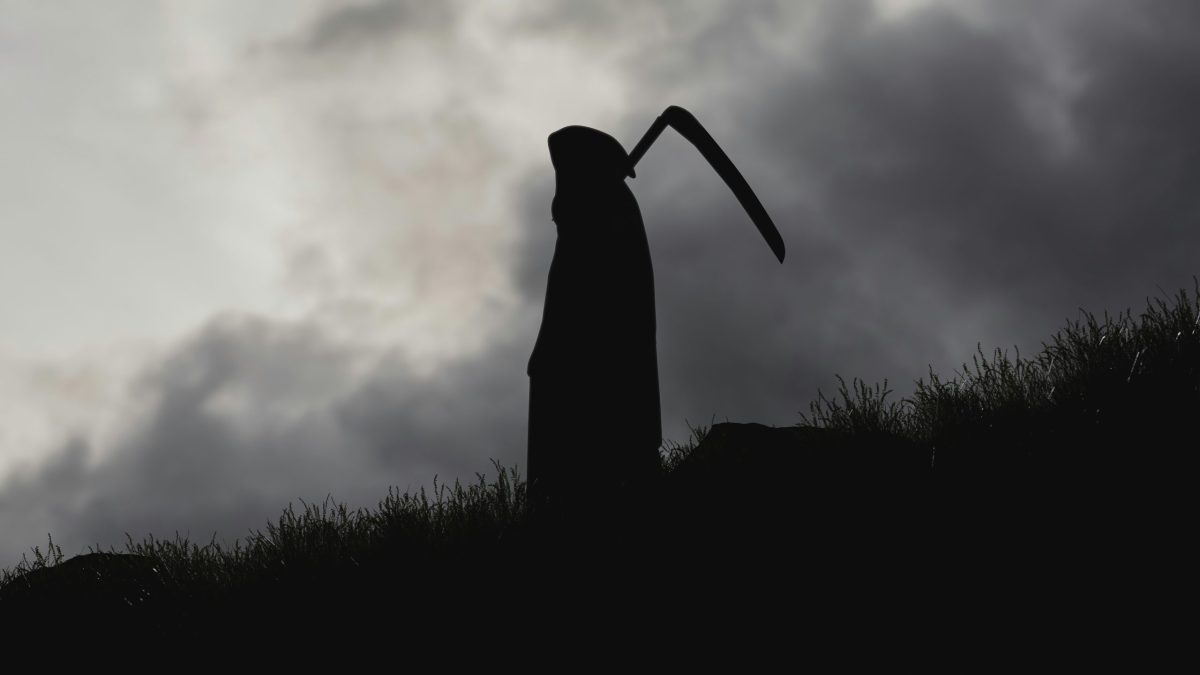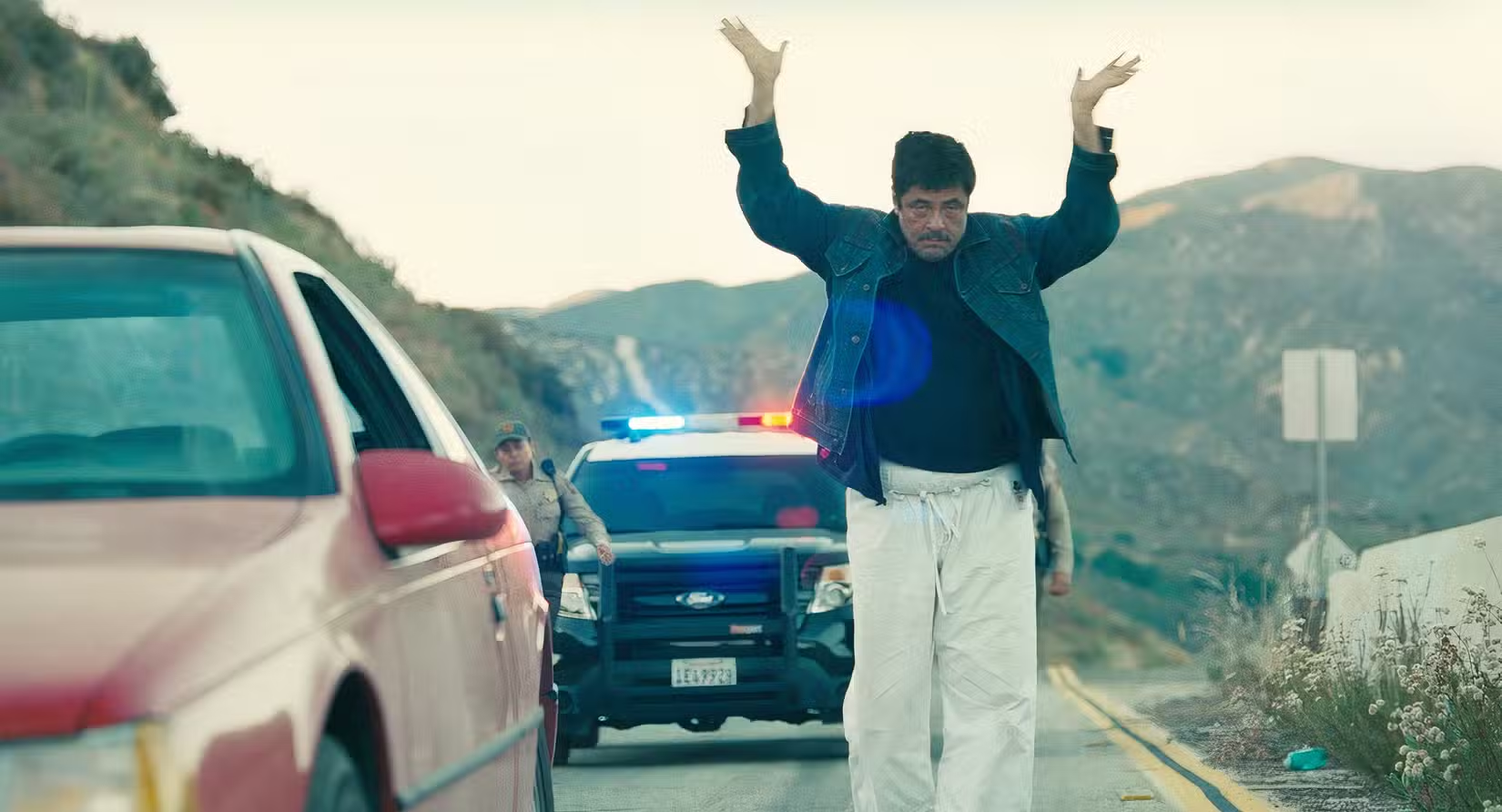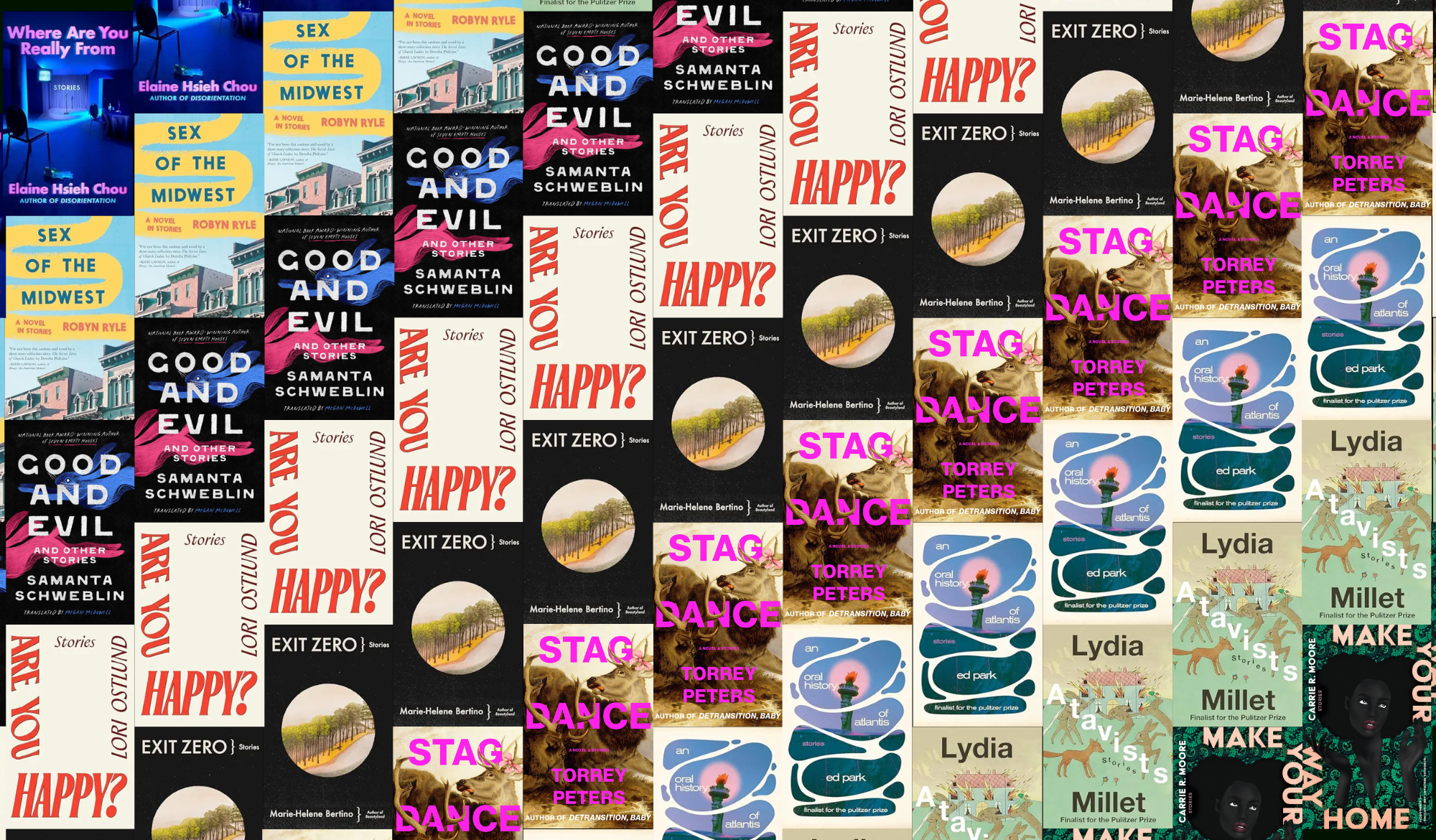essays
The Horror of the Unknown: Songs of a Dead Dreamer and Grimscribe by Thomas Ligotti

According to a recent Wall Street Journal article, Thomas Ligotti now ranks as one of ten living writers whose work has been published in a Penguin Classics paperback. One of ten. This is significant for two reasons. First, Penguin is the preeminent publisher of what common consensus dictates as “classic literature.” They have unparalleled distribution, and copies of Ligotti’s books haven’t always been so easy to track down. In fact, the only way I was originally able to read his debut collection, Songs of a Dead Dreamer, was through an interlibrary loan — and that was just a few years ago. In that sense, they have done readers a great service. The second reason this is significant? I don’t know how to say this without being blunt, but it’s nearly unthinkable to see the work of a contemporary horror writer treated with such gravity. I don’t think I’m being provocative by saying this, but the horror genre is, more often than not, maligned by the publishing industry.
Ligotti’s work, on the other hand, is frequently referred to as “philosophical” horror. This is coded language to let readers know that it’s perfectly acceptable — if not overtly expected — to read Ligotti as “serious literature.” Longtime fans of horror, of course, recognize that the genre has always been worthy of serious consideration, that it frequently does what serious literature claims to be doing, while actually doing the opposite. At its best, horror can show us the way things are, rather than the way they appear to be, or, more importantly, the way we’d prefer them to be. A recent blog post at Time Spiral Press, written in response to the New Yorker’s slightly out-of-touch overview, summed things up quite nicely: “Horror is about nothing at all except reality. Unreality is for everything else.”
In his most distinctive work, Ligotti — with his defunct urban landscapes and twisted hints of shadowy and domineering inner workings — is uniquely able to cut into the horror of consciousness itself. As Professor Nobody, the narrator of one of Songs’ most memorable stories, quips in a so-called lecture on supernatural horror: “Existence equals nightmare.” And then later, “Every one of us, having been stolen from nonexistence, opens his eyes on the world and looks down the road at a few convulsions and a final obliteration.” With his emphasis on the horror of the unknown, of the beyond, as well as the sheer malevolence of outside forces, Ligotti is clearly indebted to Lovecraft, though his writing style is far more sophisticated. Ligotti’s stories frequently swerve into unexpected and absurd asides that are as unsettling as anything found in Kafka. His language is strikingly lyrical, often emphasizing a dreamlike quality — not to mention an odd fixation on dummies and puppets — that recalls Bruno Schulz.
The Penguin Classics edition combines Ligotti’s first two collections, the aforementioned Songs of a Dead Dreamer and Grimscribe, originally published in 1986 and 1991, respectively. At nearly 450 pages, it’s a hefty book, and the stories included present a rich variety of narrative forms. The uniting factor among them is Ligotti’s utterly unique vision and insidious technique. As Jeff VanderMeer writes in his wonderful introduction, “Unnamed narrators, nameless towns . . . allow for a corresponding vagueness of either character or setting that, perversely, creates the necessary anchor for even a reader a century from now, traveling beneath strange stars, to be held in thrall.” Sounds like serious literature to me.
With all of this in mind, it’s not difficult to see the publication of this collection as solidifying Ligotti’s role in the continuum of American supernatural literature, the birthing of a new dark star in the crooked constellation that includes Poe, Chambers, and Lovecraft. It’s frequently said that we are living in a new golden age of weird fiction, that a renaissance of sorts, signaled by newer talents such as Laird Barron, Livia Llewelyn, and Richard Gavin, is in full swing. I have to agree. I don’t know what this says about the world, or the times in which we live, and I won’t make any attempt to guess. Like Dr. Munck in “The Frolic,” who comes to realize all too late that the fabric of reality is perhaps merely coating the “jagged heaps in shadows,” I have a hunch that it’s something deeper than I can say — and that you, reading this right now, might already know what I mean.








